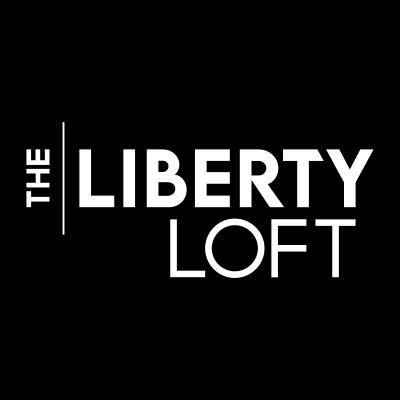



In the end, the outcome was the same as it always is. Congress raised the debt ceiling and America paid down its ever-growing loans.
But in the run-up to the legislation’s passage this week, mainstream media breathlessly covered threats from both sides of the aisle to scuttle a deal. The difference between the characterizations of the respective threats was telling.
Media consistently described the House Republican holdouts as “extremist,” “far-right,” or “hardliners.” War metaphors were deployed in rapid-fire succession. Though, to be fair, some Republicans used the language, too.
CNN: “The US Economy Could Depend on McCarthy Corralling His Extremist Republican Troops“
New York Times: “Hard-Right Republicans Gird for ‘War’ on Debt Ceiling Deal”
NPR: “Members of the far-right House Freedom Caucus blasted the deal on Sunday.”
NBC News: “New Debt Limit Bill Trashed by GOP Hard-Liners as Party Leaders Push for Votes”
Axios: “GOP Leaders Bullish on Debt Ceiling Vote Despite Rebellion“
Meanwhile, to hear the media tell it, House Democratic critics of the debt-ceiling deal were suffering “heartburn” from caring so much about good policy.
CNBC: “Democrats Harden Their Message on the Debt Ceiling While Quietly Paving the Way for a Deal”
New York Times: “In Pursuit of Consensus, Did Biden Find the Reasonable Middle or Give Away Too Much?”
MSNBC: “Amidst ‘both sides’ chatter in the debt ceiling fight, the tricky part is identifying what, exactly, Democrats have done to warrant blame.”
NPR: “A key issue causing many on the left heartburn is Biden’s recent signal that he’s considering some changes to federal safety net programs, a central Republican demand.”
Axios: “Dozens of House progressives on Friday warned President Biden that they won’t vote for a ‘bad deal’ to raise the debt ceiling, urging him instead to invoke the 14th Amendment to the Constitution.”
Many news reports made the partisan code-switch from one paragraph to the next—or even within a single sentence.
Reuters: “The deal has drawn fire from hardline Republicans and progressive Democrats, but Biden and McCarthy are banking on getting enough votes from both sides.”
Members of the staunchly conservative House Freedom Caucus have already balked at the measure, tweeting their objections after House Republicans held an all-member briefing Saturday evening. Many have echoed their informal adviser Russ Vought, former president Donald Trump’s OMB director, who argues the deal will mean $4 trillion in additional debt and who directed conservatives to “fight” against the bill with “all their might.” …
More broadly, Democrats have been worried for weeks that the White House has not defended the party’s priorities and even Sunday were struggling to understand whether there will be enough support to pass the measure.
New York magazine: “Rebel Democrats Risk Empowering GOP Extremists on Debt Limit”
When the bill passed the House with broad bipartisan support, a number of news outlets expressed surprise that leading “conservative firebrands” were among the “yea” votes.
Politico: “How Jim Jordan and Marjorie Taylor Greene Helped McCarthy Get His Debt Deal Through”
New York magazine: “The Quirky Conservative Who Saved the Economy and McCarthy”
Some seemed almost disappointed.
Washington Post: “On Debt Ceiling Deal, Freedom Caucus Fizzles”
The post ‘Extremist’ Conservatives and ‘Reasonable’ Liberals: How the Media Covered the Debt Ceiling Deal Holdouts appeared first on Washington Free Beacon.
